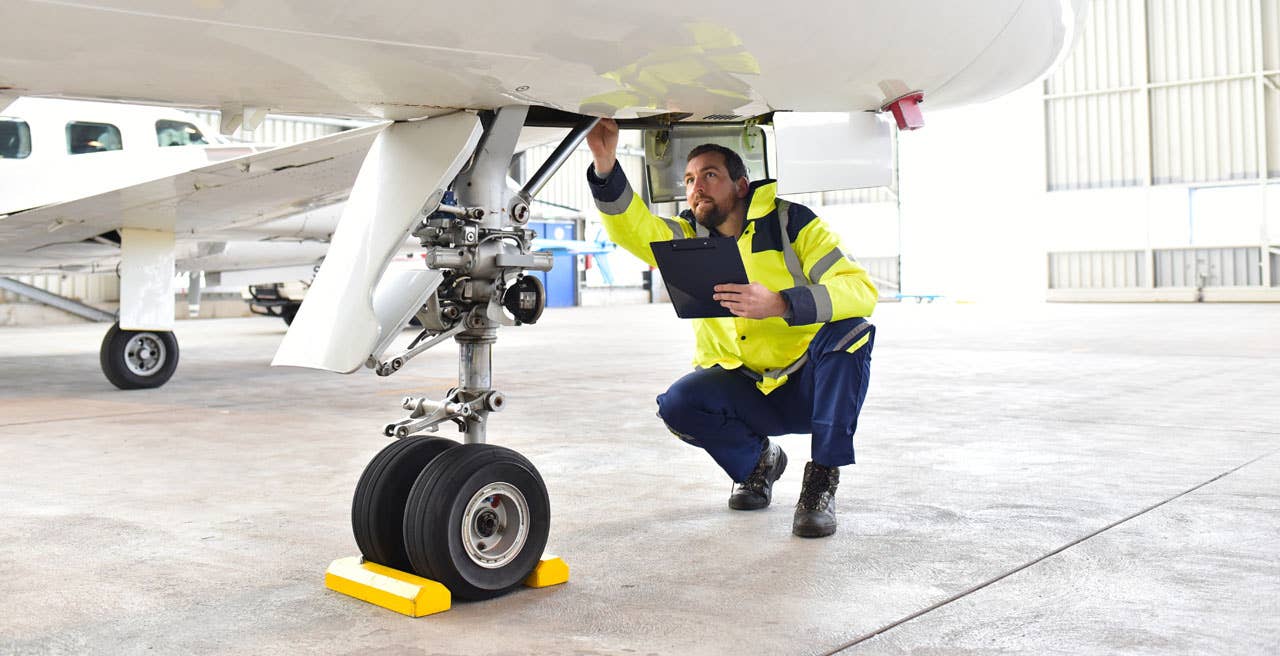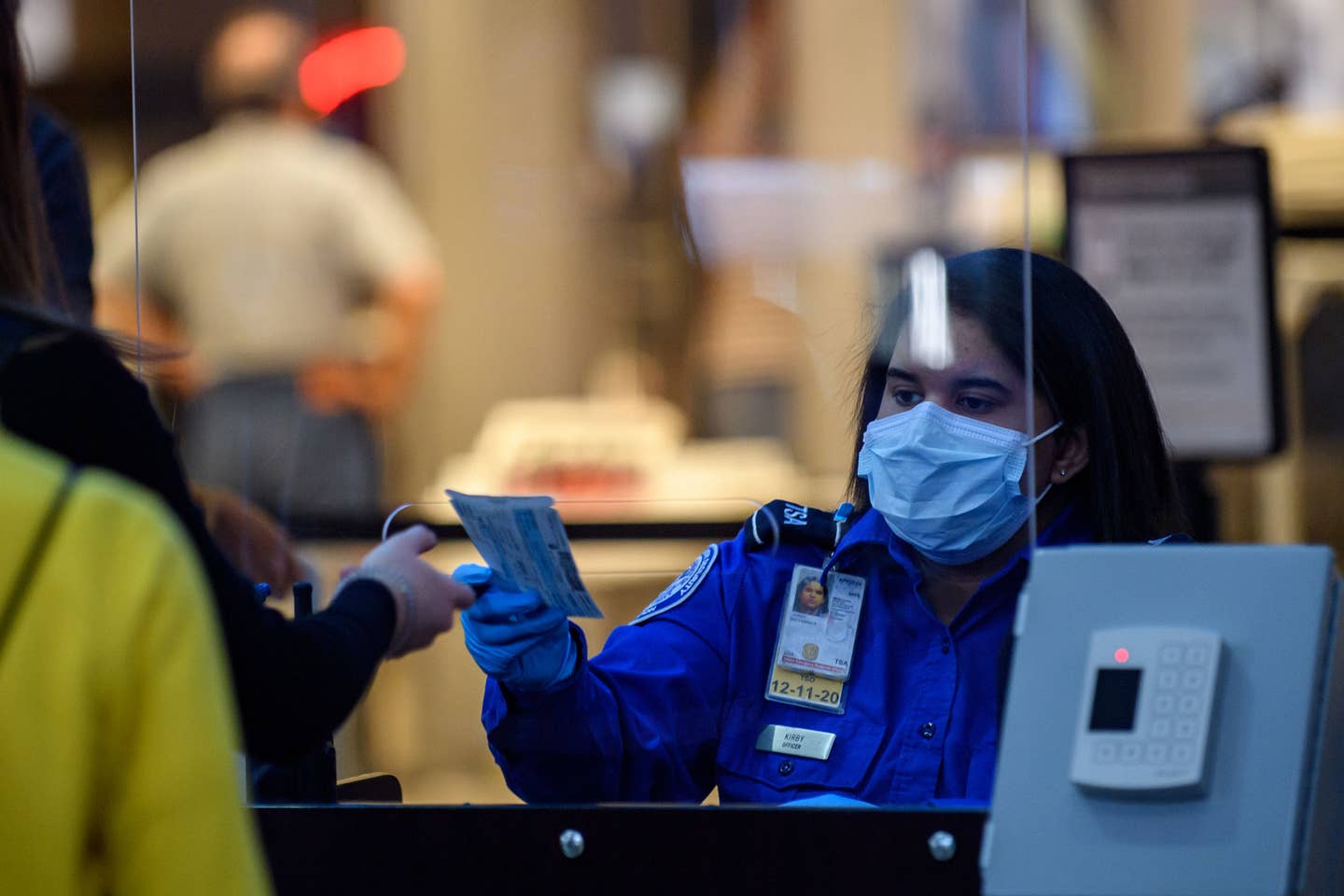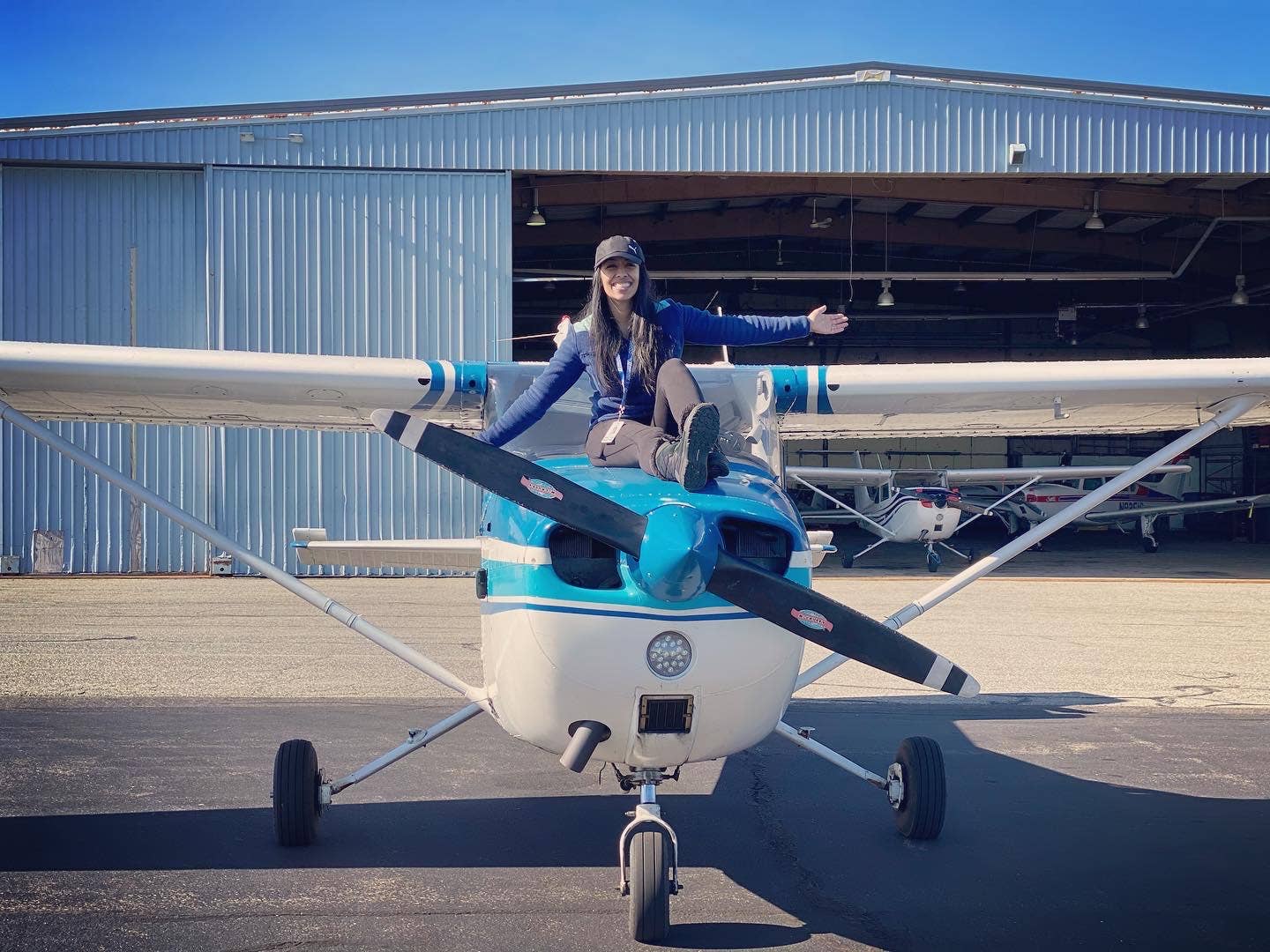Bizav Group Blasts FAA Position
The National Business Aviation Association has challenged FAA Administrator Marion Blakey to prove that the current system of funding the FAA is flawed. But in a news release issued last week, NBAA President Ed Bolen says the agency has declined those overtures and now appears determined to overhaul a system he says works just fine. “Some of the things said by the Administrator seemed at odds with decades of funding experience and the FAA’s own information,” Bolen said, referring to Blakey’s response to questions last Tuesday at a National Press Club luncheon. For about 18 months, Blakey has been saying the current method of funding the FAA, through a GA fuel tax and airline ticket taxes, doesn’t tie revenue to expenses and won’t provide the funding needed to modernize the air traffic system. As the September deadline for FAA authorization looms closer, Bolen and other GA leaders have become more strident in their opposition.

 The National Business Aviation Association has challenged FAA Administrator Marion Blakey to prove that the current system of funding the FAA is flawed. But in a news release issued last week, NBAA President Ed Bolen says the agency has declined those overtures and now appears determined to overhaul a system he says works just fine. "Some of the things said by the Administrator seemed at odds with decades of funding experience and the FAA's own information," Bolen said, referring to Blakey's response to questions last Tuesday at a National Press Club luncheon. For about 18 months, Blakey has been saying the current method of funding the FAA, through a GA fuel tax and airline ticket taxes, doesn't tie revenue to expenses and won't provide the funding needed to modernize the air traffic system. As the September deadline for FAA authorization looms closer, Bolen and other GA leaders have become more strident in their opposition.
The National Business Aviation Association has challenged FAA Administrator Marion Blakey to prove that the current system of funding the FAA is flawed. But in a news release issued last week, NBAA President Ed Bolen says the agency has declined those overtures and now appears determined to overhaul a system he says works just fine. "Some of the things said by the Administrator seemed at odds with decades of funding experience and the FAA's own information," Bolen said, referring to Blakey's response to questions last Tuesday at a National Press Club luncheon. For about 18 months, Blakey has been saying the current method of funding the FAA, through a GA fuel tax and airline ticket taxes, doesn't tie revenue to expenses and won't provide the funding needed to modernize the air traffic system. As the September deadline for FAA authorization looms closer, Bolen and other GA leaders have become more strident in their opposition.
Part of Bolen's angst is undoubtedly the fact that the business aviation sector appears to be singled out in the looming changes. Business aircraft have been referred to directly by those in favor of the changes (the airlines) as representing the inequity of the current system because they often share the airways with the aluminum tubes. At GA events, Blakey has been careful to try to assure the piston single crowd that they will not be overburdened with fees under the new regime, but she's also not offered any detail. Bolen says the current system of fuel taxes is the fairest, most responsive and simplest method of making GA pay its fair share. "The general aviation fuel tax is a very simple, accurate and efficient way to tie revenues to costs," Bolen said. "GA fuel taxes reflect how much people fly - the more you fly, the more fuel you burn, the more taxes you pay. However, they don't involve complicated formulas, require a big bureaucracy or turn the FAA Administrator into a tax czar. It is difficult to imagine a better funding mechanism."






